High Blood Pressure and Dry Mouth

High blood pressure and dry mouth, though seemingly unrelated, can significantly impact one's health. This article delves into the intricacies of these conditions, their interrelation, and comprehensive management strategies.
Key Takeaways
| Key Point | Takeaway |
|---|---|
| High Blood Pressure Overview | A chronic condition with risks like heart disease and stroke. Regular monitoring is crucial. |
| Dry Mouth Overview | Occurs when salivary glands don't produce enough saliva, leading to oral health issues. |
| Link Between High Blood Pressure and Dry Mouth | Medications for high blood pressure, especially diuretics and beta-blockers, can cause dry mouth. |
| Lifestyle Modifications | Healthy diet, regular exercise, and stress management are beneficial for both conditions. |
| Medical Management | Medication adjustments and specific treatments like saliva substitutes can effectively manage both. |
What is High Blood Pressure?
High blood pressure, or hypertension, is a chronic medical condition where the force of the blood against artery walls is persistently high, posing risks such as heart disease and stroke.
Causes and Risk Factors:
- Primary Hypertension: Develops gradually over many years without a specific identifiable cause. Lifestyle factors like poor diet, lack of exercise, and obesity often contribute.
- Secondary Hypertension: Caused by underlying conditions such as kidney disease, thyroid problems, congenital blood vessel defects, certain medications, and illegal drugs.
Symptoms and Diagnosis:
- Rarely presents clear symptoms, making regular monitoring vital.
- Diagnosis involves measuring blood pressure using a sphygmomanometer, usually over multiple visits to confirm persistence of high readings.

Understanding Dry Mouth
Dry mouth, scientifically known as xerostomia, occurs when salivary glands in the mouth don't produce sufficient saliva to keep the mouth wet.
Symptoms and Impact:
- Physical Symptoms: Dryness, a sticky mouth feel, frequent thirst, sores in the mouth, cracked lips, a sore throat, and a burning sensation in the mouth.
- Dental Impact: Increased risk of cavities, gum disease, and mouth infections due to reduced saliva, which normally helps neutralize acids and wash away food particles.
Causes and Risk Factors:
- Medication Side Effects: Over 400 medications, including those for high blood pressure, can cause dry mouth.
- Aging: Often associated with aging, but primarily due to increased medication use and other health issues in older adults.
- Cancer Therapy: Chemotherapy drugs can change the nature of saliva and the amount produced. Radiation treatments to the head and neck can also damage salivary glands.
| Signs of Dry Mouth | Description |
|---|---|
| Persistent Thirst | An unquenchable feeling of thirst, often leading to increased water intake. |
| Sticky, Dry Feeling in the Mouth | A noticeable lack of moisture, resulting in a sticky or dry sensation. |
| Frequent Lip Licking or Chapping | The need to constantly moisten the lips, which often become dry and chapped. |
| Difficulty Swallowing or Speaking | A lack of saliva can make it challenging to swallow or speak clearly. |
| Bad Breath | Saliva helps cleanse the mouth; its absence can lead to persistent bad breath. |
| Altered Taste | Experiencing a diminished sense of taste or a metallic taste in the mouth. |
| Mouth Sores or Cracked Corners of the Mouth | Dryness can lead to the development of sores or cracks, especially at the corners of the mouth. |
| Thick or Stringy Saliva | Changes in saliva consistency, often becoming thick or stringy. |
| Difficulty Wearing Dentures | A lack of saliva can make it hard to wear dentures comfortably. |
| Increased Tooth Decay or Gum Disease | Saliva protects against decay and disease; its reduction can increase these risks. |
For more detailed information, visit Causes of Dry Mouth.
The Connection Between High Blood Pressure and Dry Mouth
Some, especially diuretics and beta-blockers, are known to cause dry mouth as a side effect. Additionally, the lifestyle and psychological stress associated with managing chronic illnesses like hypertension can exacerbate dry mouth symptoms.The relationship between high blood pressure and dry mouth is nuanced. While they are often considered separate medical issues, there can be indirect links between them. Here's a more detailed explanation:
- Medication Side Effects: The most direct link between high blood pressure and dry mouth is medication. Many blood pressure medications, such as diuretics and some beta-blockers, can cause dry mouth as a side effect.
- Systemic Health Connection: Both conditions are often seen in the context of systemic health issues. For example, conditions like diabetes can contribute to high blood pressure and can also affect saliva production, leading to dry mouth.
- Lifestyle Factors: Lifestyle choices that affect high blood pressure can also influence the occurrence of dry mouth. For instance, habits like smoking and alcohol consumption can exacerbate both conditions.
- Stress and Anxiety: Chronic stress and anxiety, which are known to contribute to elevated blood pressure, can also affect oral health and potentially lead to symptoms like dry mouth.
It's important to note that having high blood pressure does not directly cause dry mouth, and vice versa. However, the treatments for high blood pressure, the presence of other systemic health issues, and certain lifestyle factors can create a situation where both conditions coexist or influence each other.
For individuals dealing with both high blood pressure and dry mouth, it's essential to discuss these concerns with healthcare providers. They can help in adjusting medications, advising on lifestyle modifications, and providing treatments that address both conditions effectively.

Contributing Factors and Lifestyle Considerations
Autoimmune Disorders and Dry Mouth:
- Disorders like Sjögren's syndrome directly affect moisture-producing glands.
- For a deeper understanding, visit Autoimmune Disorders and Dry Mouth.
Smoking and Saliva Production:
- Tobacco use interferes with the function of salivary glands and can exacerbate dry mouth symptoms.
- Explore this further at Impact of Smoking on Saliva Production.
Alcohol Consumption:
- Alcohol is a diuretic and can lead to dehydration, worsening dry mouth symptoms.
- Read more on Alcohol Consumption and Dry Mouth.
Managing High Blood Pressure and Dry Mouth
Effective management of these conditions involves a combination of lifestyle modifications and medical interventions.
Lifestyle Modifications:
- Diet and Nutrition: Low-sodium, heart-healthy diets are recommended for managing high blood pressure. Hydration is crucial for alleviating dry mouth symptoms.
- Physical Activity: Regular exercise can significantly lower blood pressure and improve overall health.
- Stress Management: Techniques like meditation, yoga, and deep breathing can reduce stress, which is beneficial for both conditions.
Pharmacological Interventions:
- Blood Pressure Medications: Selecting medications that do not exacerbate dry mouth symptoms.
- Dry Mouth Remedies: Saliva substitutes, sugar-free gum, or medications that stimulate saliva production can be used.
Here's a comprehensive table detailing various management strategies for high blood pressure and dry mouth, along with their effectiveness:
| Management Strategy | Effectiveness for High Blood Pressure | Effectiveness for Dry Mouth |
|---|---|---|
| Healthy Diet | Highly effective in reducing blood pressure | Helps maintain overall health, indirectly aids saliva production |
| Regular Exercise | Helps lower blood pressure and maintain heart health | Improves overall body function, including saliva production |
| Stress Management | Reduces blood pressure related to stress | Reduces symptoms exacerbated by stress |
| Medication Adjustment | Essential for controlling blood pressure | Can reduce dry mouth side effects |
| Oral Hygiene | Not directly effective, but important for overall health | Crucial for preventing dental issues due to dry mouth |
| Saliva Substitutes | Not applicable | Directly alleviates dry mouth symptoms |
| Regular Dental Checkups | Not directly effective, but prevents complications | Helps in early detection and management of oral health issues |
| Avoiding Tobacco and Alcohol | Reduces risk of hypertension | Reduces exacerbation of dry mouth symptoms |
Understanding the link between high blood pressure and dry mouth is vital for holistic health management. With informed care, lifestyle changes, and medical support, these conditions can be effectively managed.

Sense Hero
Sense Hero mouth Spray UK: Quick Fix for Dryness, Vapers Tongue and Palate Cleansing
View full details

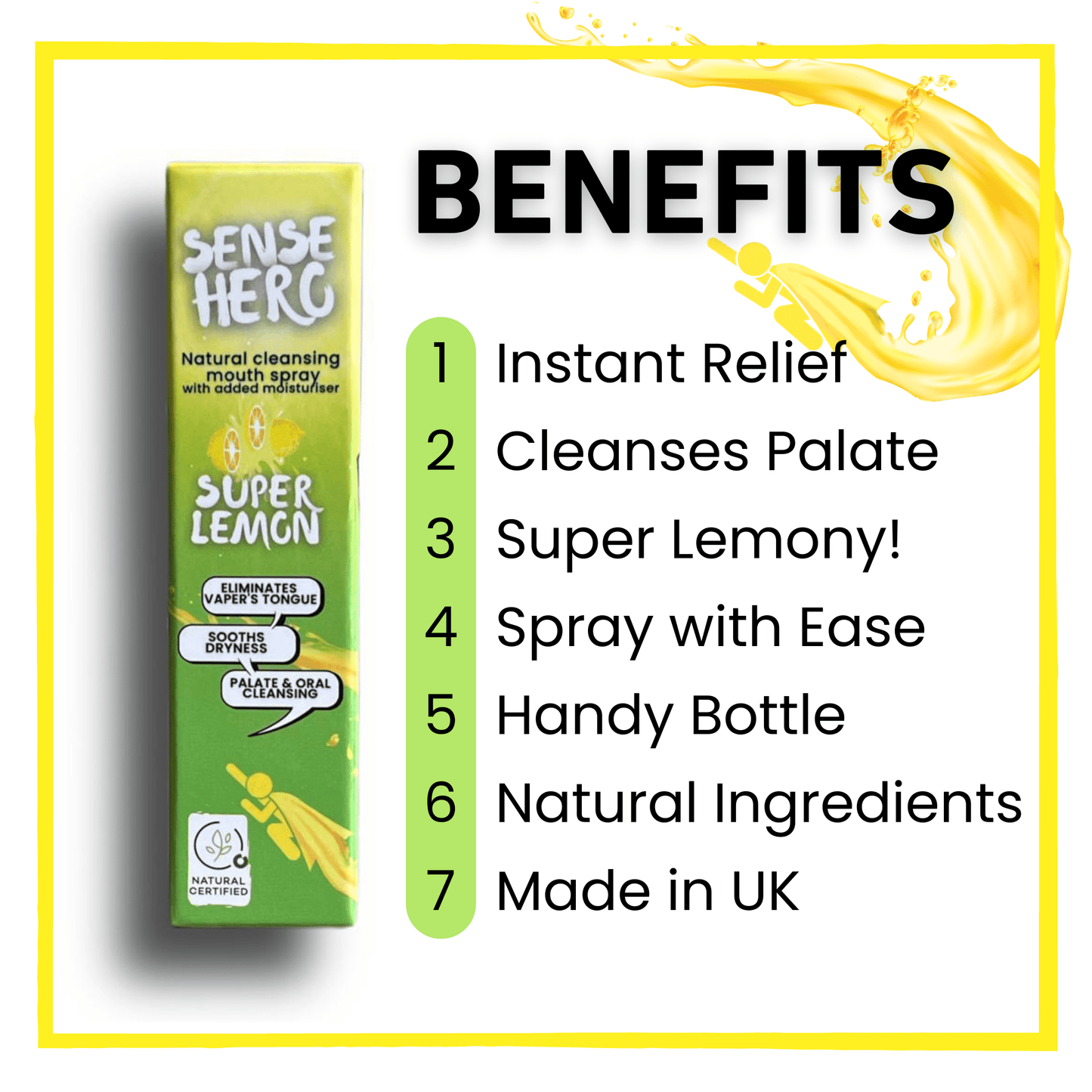
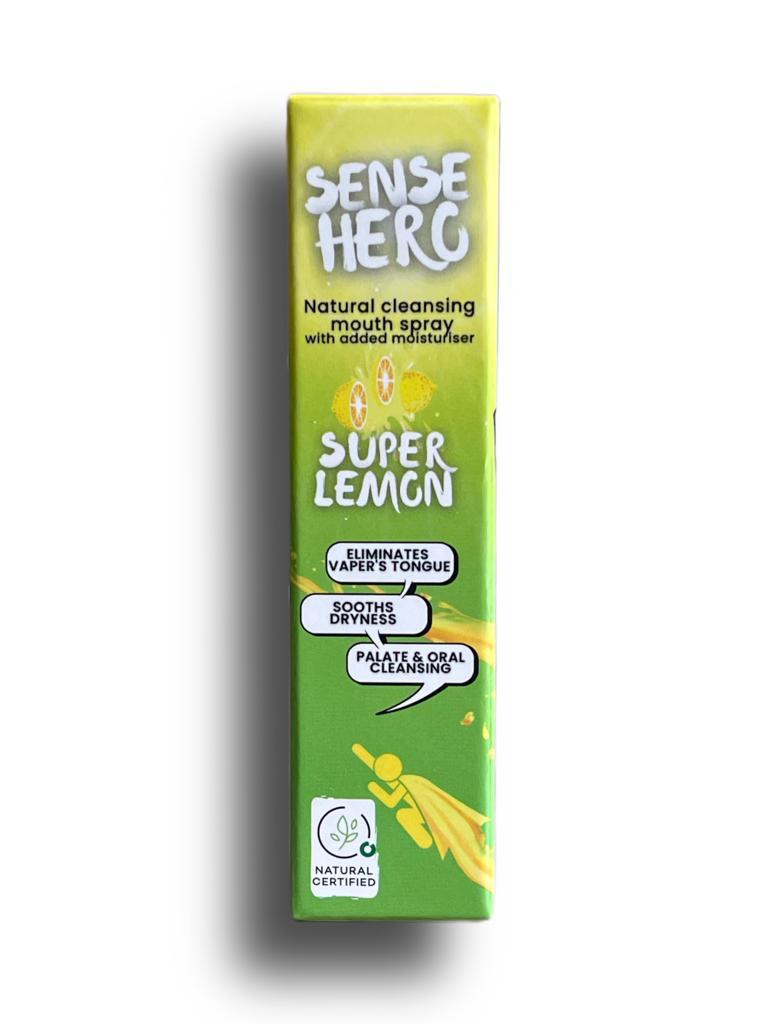
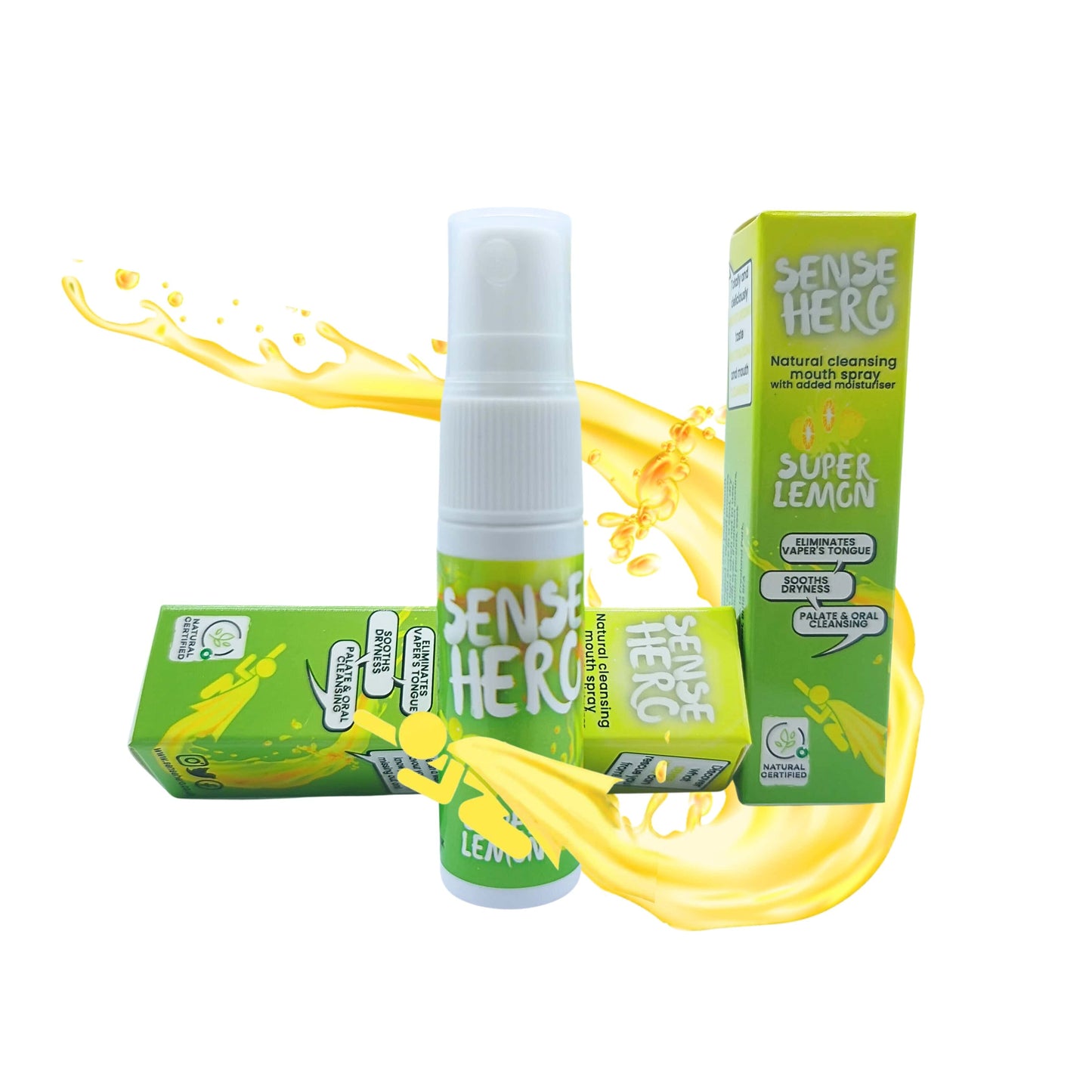
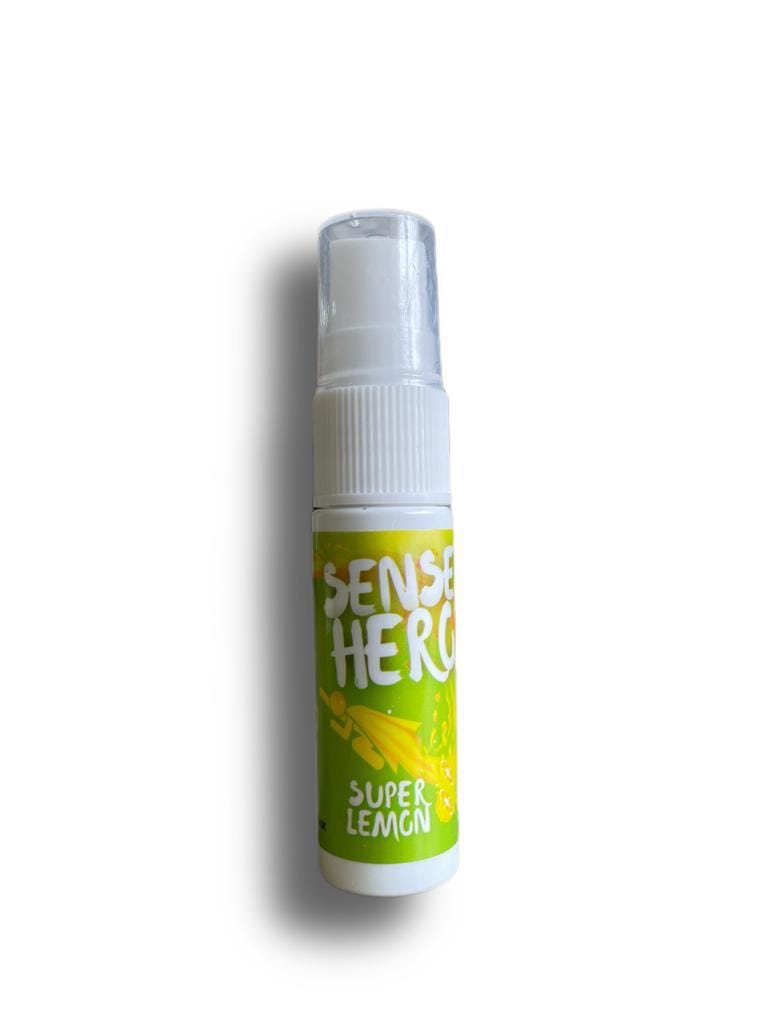
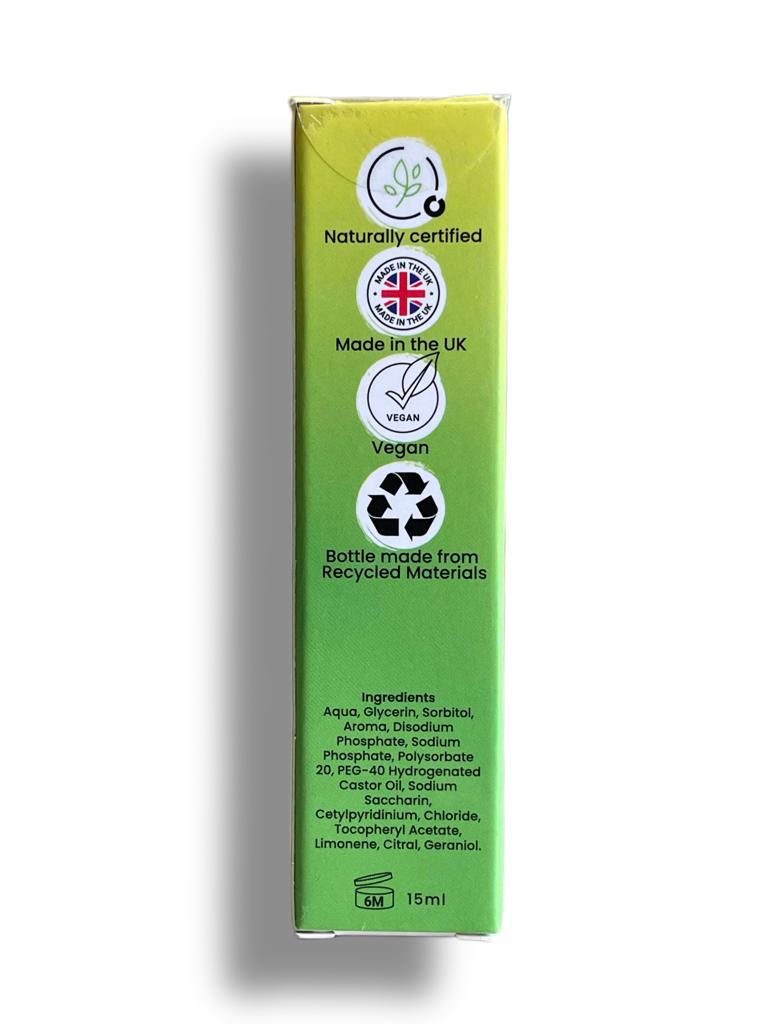

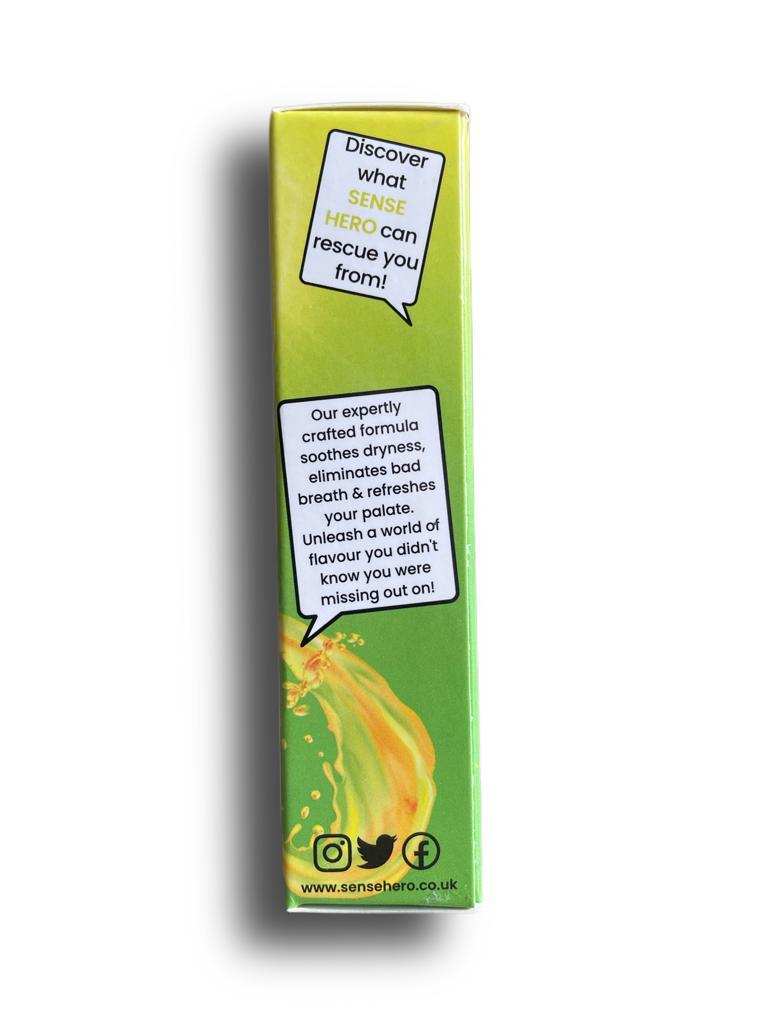
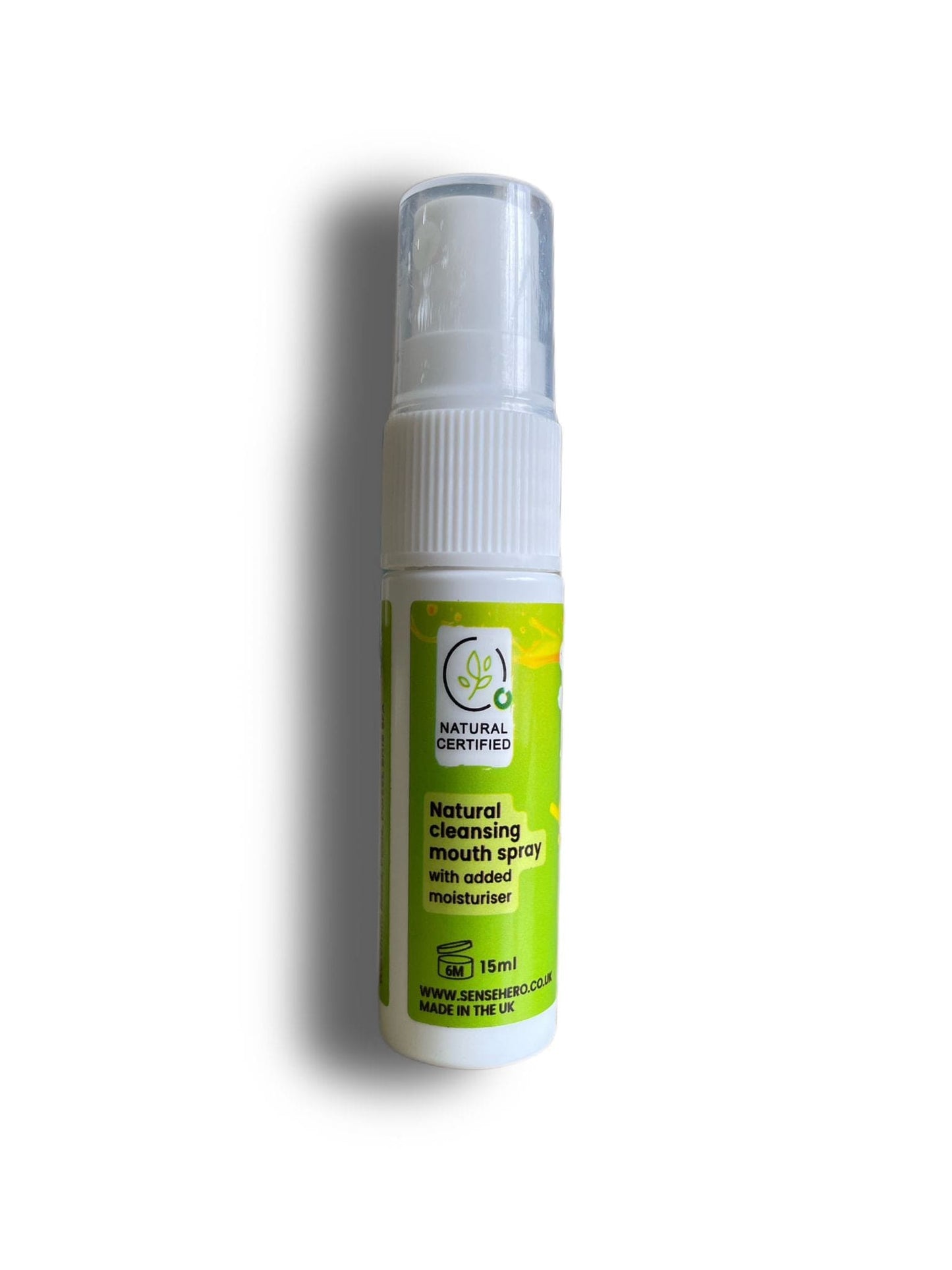

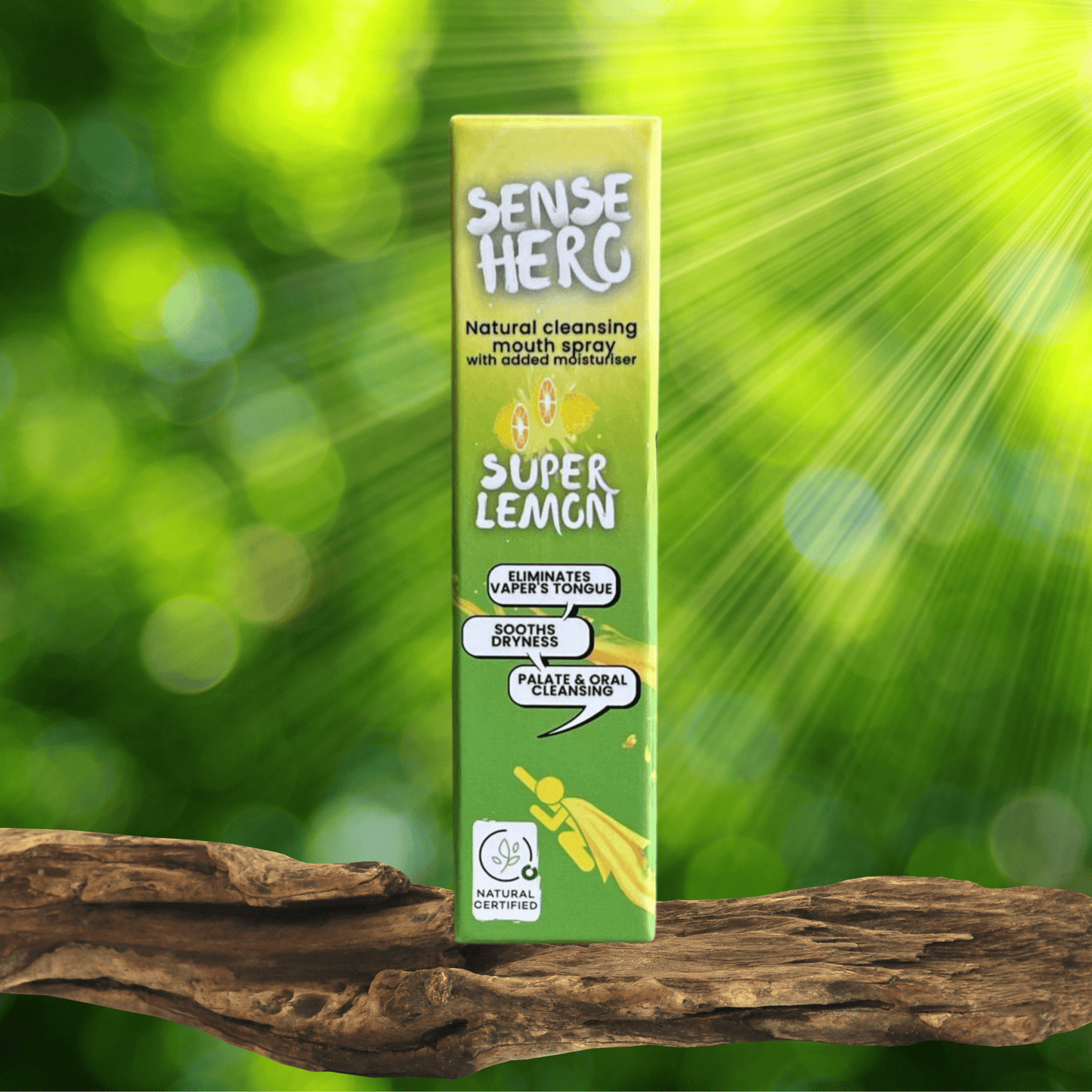
Sense Hero spray is not a medicinal product and is not intended to diagnose, treat, cure, or prevent any disease. Sense Hero Spray is designed for personal comfort.

